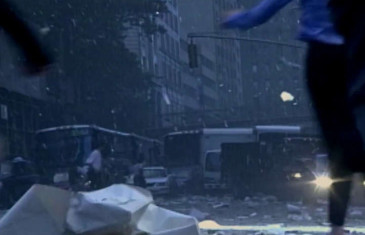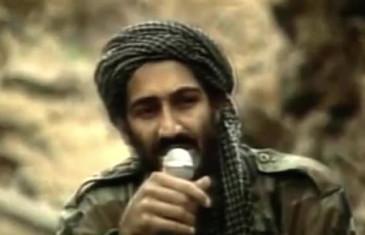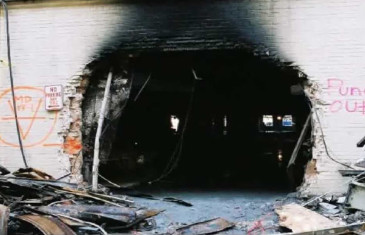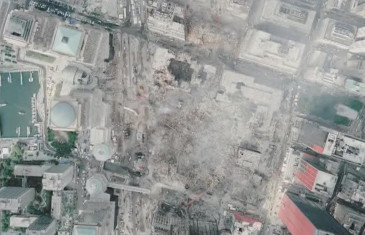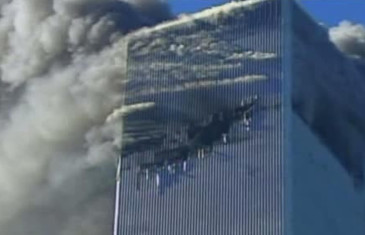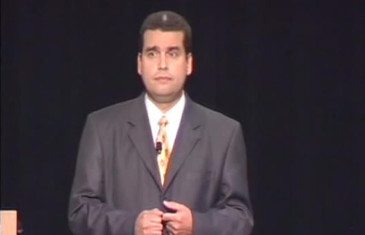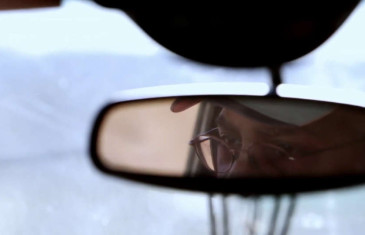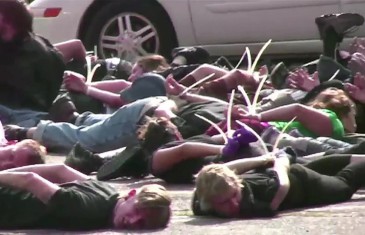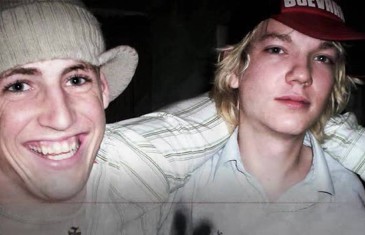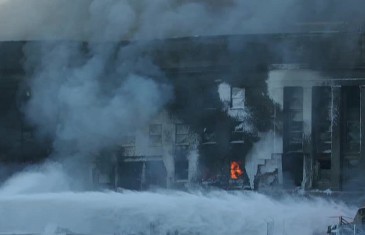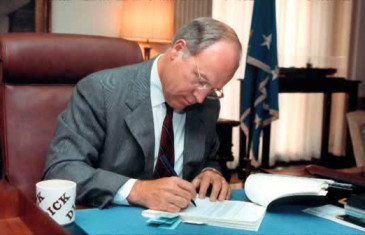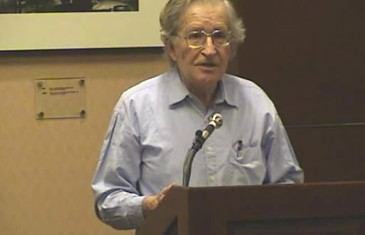Search Results
9/11: I Was There presents an portrayal of the attack on New York on 11th September 2001, from the perspective of several ordinary people who chose to pick up their video cameras and descend into the chaos that was happening around them on that day. The film is a collage of their personal video diaries, that document the attacks as they unfold, and the aftermath.
9/11 — Ten Years Later takes a retrospective view of the United States to contextualise current global military and economic events. We see how the United States backed, funded and trained the Mujahideen in the 1980s at the direction of then-National-Security-Advisor, Zbigniew Brzezinski; and how this gives rise to Osama bin Laden and the group known as ‘al-Qaeda’ as assets of the United States military-intelligence-complex, amid the context of the Cold War. Also examined is the sprawling establishment of weapons trafficking and the “opum trade,” facilitated by the United States and Britain; along with a vast clandestine financial network funding such operations—with banks such as the BCCI at the core. We see how the events of September 11 are used as a “catastrophic and catalyzing event—like a new Pearl Harbor” amongst the context of neoconservative imperialism at home and abroad, which still continues today.
9/11 — Beyond A Reasonable Doubt provides a summary of evidence from various sources against the official account of what happened on September 11, 2001. The film is assembled using clips from several other documentaries, news reels and archive footage to provide an example of the overwhelming evidence that contradicts statements made by official sources.
9/11 Mysteries presents and analyses over 90 minutes of demolition evidence, laced with witness testimonials from key figures in the events of September 11th such as William Rodriguez — a janitor from the North Tower of the World Trade Centre who was inside during the attacks. Moving from the myth through to analysis and into a discussion of the players, careful deconstruction of the official story is set alongside clear physics. How do you turn a 110-story building to dust in under ten seconds?
9/11 — Birth Of Treason provides an analysis of the attacks of September 11 2001. Amongst interviews and exchanges, Steven Jones and Kevin Ryan of Scholars for 9/11 Truth and Justice speak about their research. Examined is the phenomenon of the freefall-speed collapse of the towers and building 7, and Steven Jones’ research into Thermite/Thermate explosives…
On September 11, 2001 and for approximately nineteen years prior, William Rodriguez was employed as a maintenance worker at the World Trade Center. On the day of the attacks, Rodriguez initially rescued fifteen persons from the World Trade Center, and as the only person at the site with the master key to the North Tower stairwells, he led fire-fighters up the towers unlocking doors, aiding in the successful evacuation of unknown hundreds of those who survived. This is the account of his version of events…
(T)error is the story of a 62-year-old Theodore Shelby, a former Black Panther now turned informant for the FBI going under the name Saeed “Shariff” Torres. The film documents his work on an undercover sting operation that targets a Muslim American Khalifah Ali Al-Akili on weapons charges, as well as Tarik Shah, a professional jazz musician, accused of providing support to al-Qaeda, even though no actual terrorist contact ever took place. The cases are used as examples of preemptive prosecutions, and illuminate aspects of the surveillance state in the post-9/11 world of the United States.
The legacy of the Bush administration and the so-called “War on Terror” includes a new logic that stretches well beyond the realm of overzealous security agencies, airport security and international relations, and into suppressing public protest; expanded surveillance aimed at entire populations, but especially activists; and mobilising fear for social control. Special police techniques have even been developed and applied in order to specifically suppress dissent and manage protests, especially in the wake of the rising anti-globalisation movements towards the turn of the millennium. Preempting Dissent provides a quick overview of how some of this logic developed, as well as a glimpse of how political protest in the West has been shaped and controlled in the “post-9/11” years, up to and including the so-called Occupy movement. By provoking a reflection of the implications of the logic of the “War on Terror” and how its applied to stifle political protest, Preempting Dissent aims to lay some of the groundwork to develop more effective resistance tactics.
How did two childhood friends from Midland, Texas end up arrested on terrorism charges at the 2008 Republican National Convention? Better This World follows the journey of David McKay and Bradley Crowder from activist beginners to accused domestic terrorists with a particular focus on the relationship they develop with an FBI informant named Brandon Darby in six months leading up to their arrests. Weaving through a story of entrapment, idealism, political struggle and ultimate betrayal, Better This World winds up at questions of the core machinery of the justice system and its impact on civil liberties and political dissent in the modern “post-9/11 world.”
Zero: An Investigation into 9/11 posits that the official narrative of the events surrounding the attacks of September 11 cannot be true. The film explores the various facets of that premise by testing scientific evidence and dramatic witness testimony against the official account to demonstrate its many shortcomings, contradictions, gaps and omissions. The question is posed that if the thesis of this film is correct, and the official narrative is false, then the entire justification for the ensuing wars of terror, rampant human rights abuses, and the curtailment of civil liberties, is built on a complex series of outrageous lies.
Hijacking Catastrophe examines the evidence that neoconservatives used the September 11, 2001 attacks to usher in a new doctrine of expanding American power through military force under the guise of a “war on terror” and that the doctrine — known as the Project for the New American Century — had been laid out prior to 9/11 by its authors, which include Dick Cheney, Paul Wolfowitz, Donald Rumsfeld, Jeb Bush and Dan Quayle…
The hypocrisy of the United States government is scrutinized in Distorted Morality—a scathing thesis against war and the invasion of Iraq, presented by renowned scholar Noam Chomsky in 2002. Chomsky sets fair and logical parameters to test his ideas, before outlining the reasons why the United States post-9/11 “war on terror” is a logical absurdity. This, according to Chomsky’s carefully supported analysis, is because the US government has been, and continues to be, a major supporter of state-supported terrorism; favoring retaliatory or preemptive aggression over mediation in the world court, and avoiding accountability by excluding itself from the globally accepted definition of terrorism. Explored also are numerous historical examples to support.
